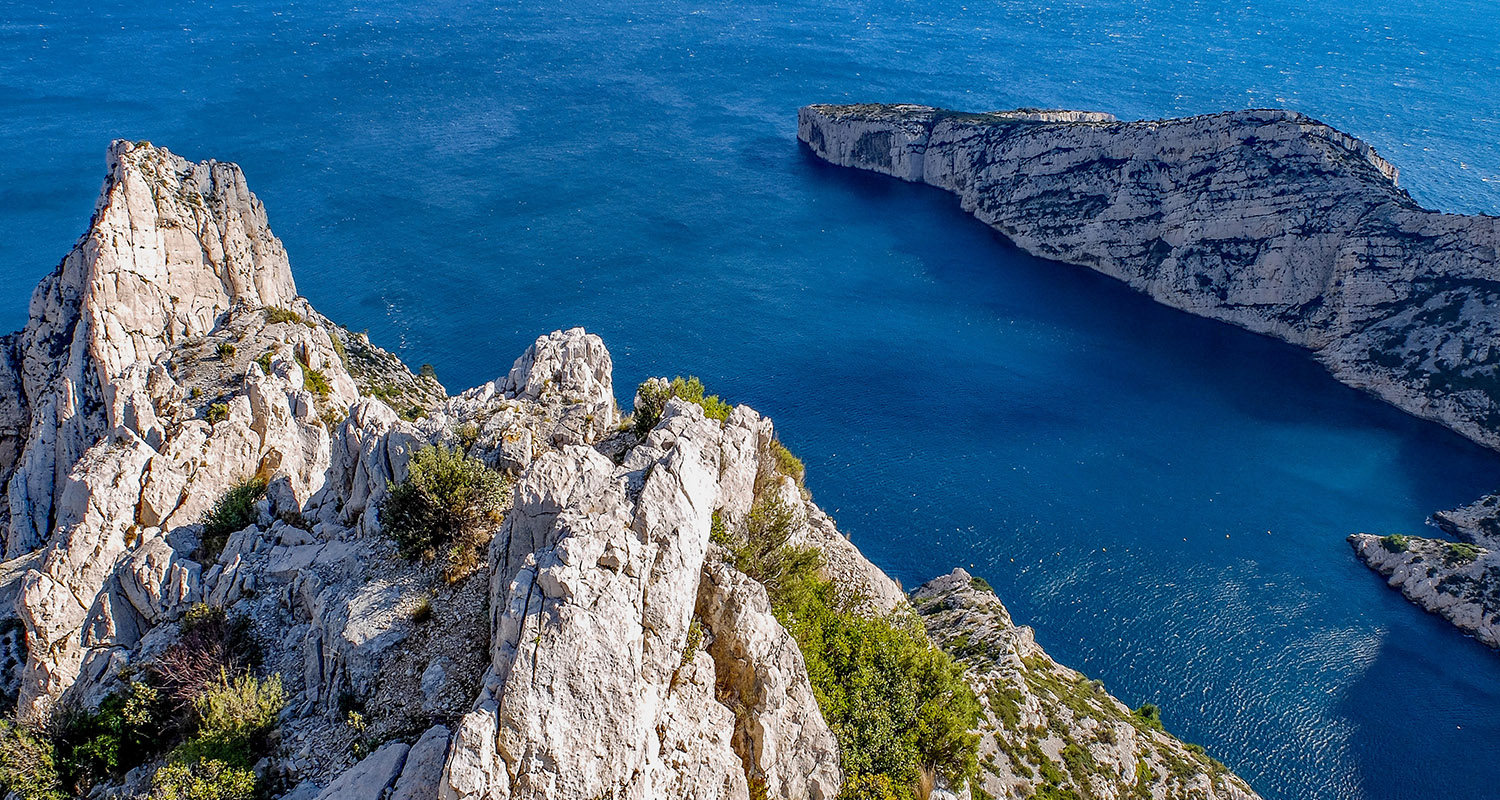The Provence-Alpes-Côte d'Azur Region alone hosts 6% of France’s biodiversity and is 75% covered by nature.
A multitude of natural areas
Of the 11 French national parks, 4 are located in the region: Calanques National Park (Europe’s first peri-urban terrestrial and marine park), Port-Cros National Park (oldest marine park in Europe with 2,900 ha of sea), Mercantour National Park (emblematic for the return of the wolf to France in 1992) and Ecrins National Park (Europe’s largest high mountain park). Natural heritage is also highlighted through 8 regional natural parks (Alpilles, Baronnies provençales, Camargue, Luberon, Préalpes d'Azur, Queyras Sainte-Baume, Verdon) and 6 nature reserves in the region. With nearly 1.5 million hectares of forests, the region is one of the most forested in France. This is an invaluable asset, but also a delicate area that local authorities are committed to protect.
With a heritage of nearly 17,000 hectares of Sensitive Natural Areas, 438 kilometres of coastline and 30 sites listed in the European Natura 2000 network, the Department of Bouches-du-Rhône is the French department hosting the largest natural heritage. This is the result of proactive policies by the Department since the 1960s.
An exceptional reservoir of biodiversity
The region concentrates 65% of the French flora and 31 species present nowhere else in the world. The local fauna is also extraordinary, since the majority of species of breeding birds, butterflies and dragonflies are found in the Provence-Alpes-Côte d'Azur Region.
The Marseille territory
For its part, the Aix-Marseille-Provence Metropolis is also committed to preserving the 8 Natura 2000 sites of which it is in charge:
- Côte Bleue - Chaîne de l’Estaque and Niolon cliffs (2 sites)
- Étoile - Garlaban
- Garrigues de Lançon and surrounding areas
- The lagoons between Istres and Fos
- Montagne Sainte Victoire (2 sites)
- Plateau de l'Arbois
The City of Marseille, for its part, enjoys an exceptional green heritage. In addition to 2,400 hectares of communal forest, the “Phocean City” hosts 700 hectares intra-muros including:
- 53 public parks of more than one hectare
- 15 public parks of more than 5 hectares
- 270 squares and gardens
The City of Marseille was chosen to host the IUCN Congress 2020 because of its many assets, but also because of its exceptional terrestrial and marine natural heritage. With 57 km of coastline and archipelagos and exceptional terrestrial, marine and submarine landscapes, the city is gifted with a natural heritage with varied and surprising features, as well as a rich and diverse fauna and flora. It is a vast territory, largely protected by the Calanques National Park, Europe's only peri-urban park.



